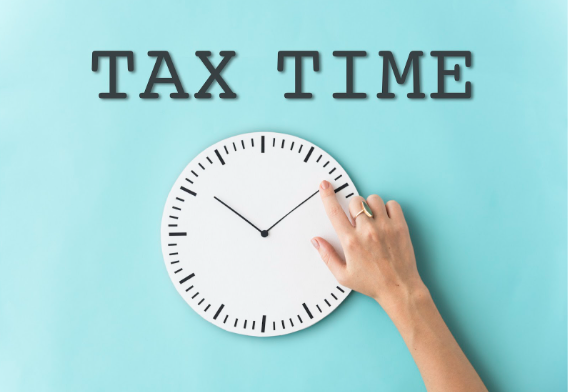
Tips to Manage Student Loan Debt in Canada
The cost of education in Canada is rising at a record pace. While there is government assistance available, the higher cost of education has resulted in higher student loans.
Many of us take on debt for education because we expect that our education will help us gain a better footing in the real world over the long term.
Post-secondary graduates typically get higher-paying jobs and are better protected from unemployment. But student debt is still a financial obligation. Student loan debt can impact or even delay other life decisions, such as starting a family or buying a new home.
According to Statistics Canada, at least half of all post-secondary students graduate with student loans in Canada. In addition, after three years, 64% of the graduates still had an outstanding debt.
While most students take on government-sponsored student loans (such as OSAP), many also have student lines of credit or other types of credit that help them pay for tuition, as well as the costs of books and supplies.
As the cost of living increases, student loans can get in the way of building for the future.
How do Student Loans work in Canada?
Most Canadian students have government-sponsored student loans, which can help cover the cost of tuition.
After graduation, the National Student Loans Service Centre (NSLSC) administers student loans on an ongoing basis.
Your loan is in a grace period of six months. You do not have to make payments while your loan is in the six-month non-repayment period. However, interest may begin to accrue.
At the end of the grace period, you start to make regular payments towards your loans. There is some flexibility in which you can increase or decrease your monthly payment amount to suit your budget and customize your payment terms.
However, decreasing monthly payments will increase the time it takes to repay the loan, and you will pay more in interest charges.
Student loans and credit scores
Student loans do impact your credit score.
If you do not have a very long credit history, making on-time payments with your student loans can work in your favor to help you establish and build your credit.
However, any missed or late student loan payments will affect your credit score negatively.
Additionally, If your account is in default or collections, it will be reported to the credit bureau. These activities will remain on your report for up to six years after the last activity date.
Tips for managing your student loans
Apply for Repayment Assistance
If you are struggling to pay off your student loan debts, you may be eligible to apply for the Repayment Assistance Plan (RAP). Through this program, the Government can help you repay some of your loans.
You may be eligible if you have been at least six months since you graduated or left school and are up-to-date on your loan payments.
Depending on your income, you may not be required to make a lower payment or no payment at all. You will need to reapply for the Repayment Assistance Program every six months.
Make payments on time.
If you do not make payments on time, NSLSC can send your Canada Student Loans or related provincial student loans to the Canada Revenue Agency (CRA) for collection.
The CRA may withhold tax refunds or garnish wages and apply the money towards your student debt in extreme circumstances.
Like other types of loans, late or missed payments on student debt will impact your credit score.
Review student debt management solutions.
In many ways, student debt is unique compared to other loans. Since it is a government-sponsored loan, bankruptcy or consumer proposals are not options for newer student loan debts. However, If the student loan is more than seven years from the last date of schooling, this debt can be included in a bankruptcy or consumer proposal. If you graduated less than seven years ago, filing for bankruptcy will not discharge your loan.
It is always a good idea to seek advice to review the terms of your student loan debt and see what options are available for you if you are struggling to make payments.
Tackle other debt
While there may be limited options to discharge student loan debt completely, it can be an excellent time to review any other debt you owe.
If you are at a point where you are struggling with other debts along with your student loans, it may be time to seek additional help and resources. Take our debt quiz if you’re unsure where you stand with your debt situation. Or consult with a professional credit counsellor.
Review your budget
If you have made paying off student loans a priority, make sure it is also in your budget.
Review your budget to ensure that student loan payments are included in your monthly expenses. It can be an excellent time to reevaluate your income and spending habits to see if there are small sacrifices you can make while you accommodate your student loan payments.
Get help managing your money.
Managing your money while juggling debt can be difficult. Find a trusted professional who can help you understand your money better.
Credit counsellors can help you plan your finances while you pay off your student loan debt. They can help you review your budget and explore debt management options in your journey to become debt-free.
If you are one of many Canadians struggling to pay your student debt back and it is holding you back from other financial goals, our debt experts at EmpireOne Credit are here to help. Our team can help you manage your debt and set you up for a better financial future. Contact us for a free consultation.





